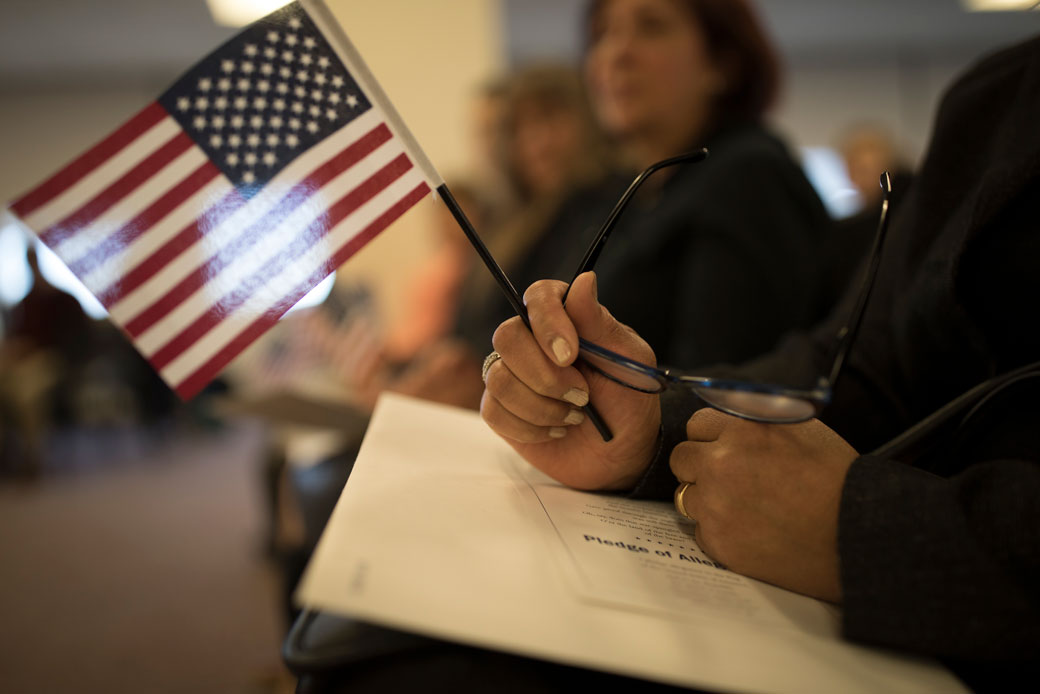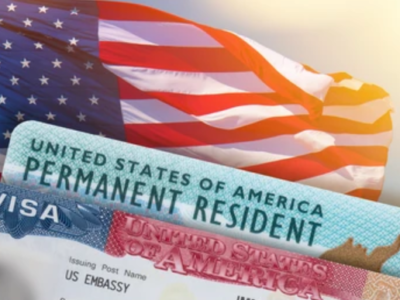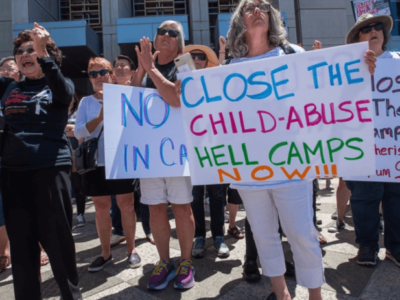President Trump’s immigration enforcement agenda has emphasized employer accountability in hiring undocumented workers. This article explores the industries affected, enforcement actions taken by ICE, and legal realities employers now face.
President Trump’s aversion to the employment of undocumented immigrants is by now well-established. Nevertheless, the president is attempting to increase the penalties paid by employers who use undocumented workers.
The construction, agricultural, and manufacturing industries have long had a reputation for relying on undocumented workers to fill out their labor forces. The reason is simple: undocumented workers cost less, and legal workers are not available. The administration has repeated its vow to enforce strict penalties on employers who continue to use undocumented immigrants.
An example is the increased auditing of worker credentials by the Bureau of Immigration and Customs Enforcement. In 2017, ICE conducted 1,360 audits of employee I-9s and related paperwork; in 2018, the number of audits rose to 5,981. The increased auditing has focused on hospitality, agriculture, food processing, landscaping, and construction industries.
ICE has also enforced its efforts by levying the heaviest fines in its history. The fine for a false I-9 can range from $230 to $2,292 per form. The I-9 form requires the employer to verify that the employee is legally eligible to work in the United States.
To some extent, the increased enforcement effort is running up against an undeniable economic reality: the lack of workers who have the skills necessary to fill the available jobs. Some employers have resorted to using H-2B visas for workers, but these visas are used mainly for seasonal workers and do not provide much relief for other industries.
Both workers and employers are facing a complex legal situation with no foreseeable outcome. The existing status quo may prevail until next year’s elections.
What Laws Govern Employer Responsibility?
The key federal statutes relevant to this topic include:
- Immigration Reform and Control Act (IRCA) – prohibits the hiring of unauthorized workers.
- INA Section 274A – outlines penalties for non-compliance.
- Department of Labor (DOL) regulations – monitor visa abuse and labor conditions.
Employers must use Form I-9 and increasingly the E-Verify system to ensure compliance.
Industries Under Pressure: Who’s at Risk?
The blog correctly identifies construction, agriculture, and food processing as high-risk sectors. Adding to that:
-
- Landscaping and hospitality also face frequent ICE scrutiny.
- Small businesses and franchises are especially vulnerable to audits due to decentralized HR practices.
Timeline of Enforcement: 2008–2025
| Year | Policy Shift |
|---|---|
| 2008–2012 | Introduction of E-Verify mandates for federal contractors |
| 2017 | The Trump administration prioritizes workplace enforcement |
| 2018 | 5,981 ICE audits, a 340% increase from 2017 |
| 2021–2023 | Biden administration shifts focus to humanitarian immigration, but workplace audits continue |
| 2024–2025 (Projected) | Election-dependent; ongoing debate on mandatory E-Verify at the federal level |
🔄 Alternatives Employers Are Exploring
- H-2A & H-2B visas: Seasonal visas used by agriculture and hospitality, but are capped and highly regulated
- E-Verify: Voluntary in many states, but required in states like Alabama and Arizona
- Legal consultation: Many businesses now retain immigration law firms for preventive audits
Frequently Asked Questions (FAQs)
1. What is the E-Verify system, and is it mandatory?
E-Verify is an electronic system that checks the work eligibility of new hires. It’s mandatory in some states and for federal contractors.
2. How often does ICE audit businesses?
ICE audits vary annually. In 2018, over 5,900 audits were conducted, a massive increase from the year prior.
3. What should I do if I receive a Notice of Inspection?
Immediately contact a qualified immigration attorney. You typically have 3 business days to produce documentation.
4. Can a business be criminally charged for hiring undocumented workers?
Yes. Repeated or deliberate violations can lead to criminal charges, including harboring undocumented workers.
5. What are the legal consequences of I-9 errors?
Penalties range from $230 to $2,292 per form, and can increase if violations are repeated.
6. Are H-2B visa workers a long-term solution?
No. They’re mainly for seasonal, non-agricultural roles, and do not cover long-term labor shortages.
Worried about an ICE audit or unsure if your I-9s are compliant?
Contact Hussain & Gutierrez Law for a legal audit of your hiring practices. We offer:
- Employer compliance consulting
- I-9 form reviews
- Defense against ICE enforcement
- Visa solutions tailored to your industry
Protect your business. Stay compliant. Let our legal team help you navigate the complexities of immigration law.



